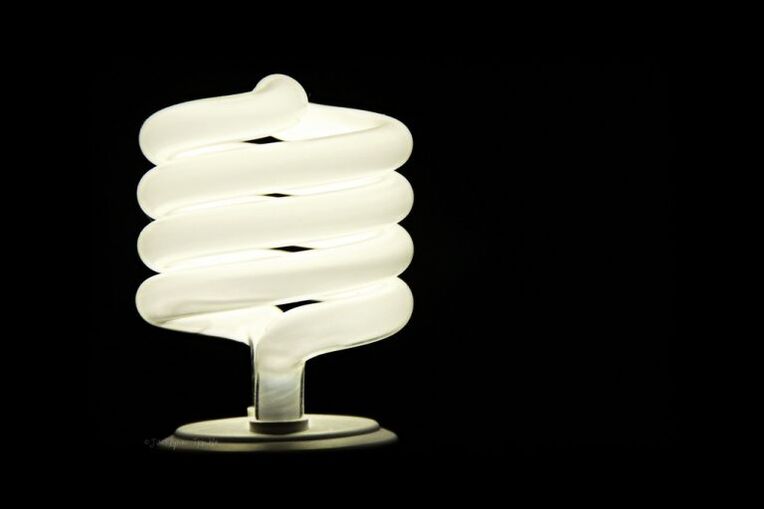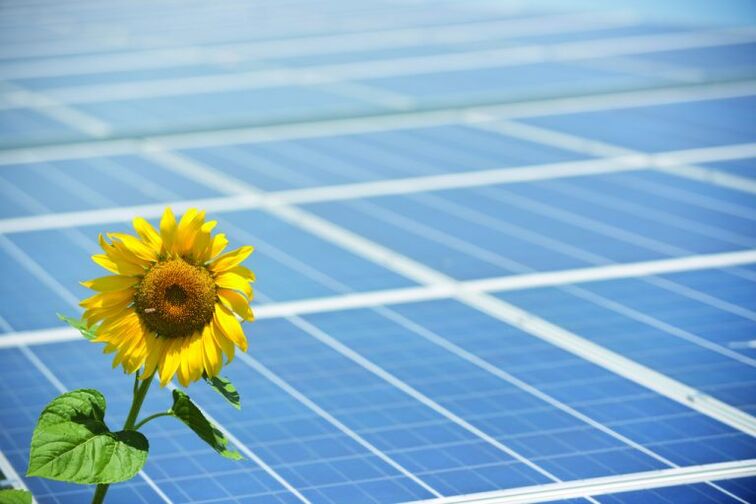
The 21st century has brought many inventions and possibilities to man, newfangled devices and devices that work mainly on the power grid. The home of every inhabitant of planet earth is literally crammed with a multitude of devices that provide light and heat, help with cooking, wash clothes, store perishable food longer and even learn new things and have fun. However, many have already realized that paying for electricity can tear a big "hole" in the family budget. It makes sense to think about how you can save electricity in an apartment or private house in order to significantly reduce your monthly expensesand freeing up money that can be spent on other purposes.
The most important ways to save energy
Especially in the current crisis situation in the national and global economy, consumers are repeatedly asked how to save electricity, especially in houses in which electric stoves and electric water heaters are installed. Paying for the energy supply of a private house, or even an ordinary average apartment, occupies one of the leading places in the family budget's spending on utility bills. Regardless of stability or real financial situation, saving is always relevant, as nobody wants to throw money down the drain and this is an absolutely right decision. Let's see how experts and experts in their field offer energy saving.
Interesting
Saving electricity properly at home will significantly reduce the cost of paying utilities, almost three times, so this issue is worth taking seriously. If turning off the lights in the room on time doesn't affect your total score much, it makes sense to just do an experiment and find out how much money you've lost each month before you start paying attention.
There are three main methods of saving electricity that all of the rest, which are their derivatives, revolves around.
- The use of new technologies (purchase of household appliances, gadgets and other electrical appliances with increased economic viability), which may require significant financial investments.
- Skilled handling of devices that are supplied from the mains.
- Electricity theft from the state.
We will discuss the first two ways to save in more detail in our article, but it is recommended that you give up the third right away, as jokes with the state can end badly and instead of saving you will get additional costs on fines and sometimes litigation.
Easy ways to save energy at home

Most people cannot even imagine how much electricity this or that device, which is used regularly, "eats up" in a month, hence the lack of understanding of how to save. First of all, when buying new equipment and appliances, you should always find out what power consumption it is. This indicator shows what power consumption it assumes.
Approximate dates for comparison
According to statistics, the main expenses are formed by the use of some basic electrical appliances that are present in almost every household.
- Electric stoves can absorb 20 to 30% of monthly consumption.
- The refrigerator is considered the most serious device as it never turns off, as a result of which it consumes about 30% of electricity.
- Light bulbs and other lighting fixtures "shake" about 16-19% of the total.
- A modern washing machine draws about 15%.
- The rest of home appliances and office equipment, including vacuum cleaners, dishwashers, computers, chargers, etc. , take up about 20% of the total electricity bill.
It is thanks to the competent and conscious use of these devices that you can significantly reduce your family budget for this item. Let's take a closer look at how you can honestly and legally save electricity and save your hard-earned money.
Let there be light!
It is interesting that many consumers do not even think about the fact that a colossal amount of budget can be spent on lighting an apartment. It is optimal to buy household onions, which only the lazy have not heard of today. The government even banned the production of conventional light bulbs for sale to ordinary citizens with an output of 100 watts or more. There is talk that fifty-watt lamps will soon be banned and "housekeepers" will give way. But not only LED and energy-saving lamps help to save electricity. There are some tips that you should always follow.
- Turn off the lights when walking from one room to another. If this is difficult for you or if there are many young children in the house who are having difficulty explaining the essentials, you can install special heat sensors. They don't cost much, but they turn off the lights themselves as soon as the person leaves the room.
- Make sure to have several light sources in the room as required so that you do not have to constantly switch on the ceiling light that consumes the most.
- Hear in your nose that cleanliness is not only a guarantee for health, but also for saving energy. Wash windows and chandeliers more often so that light can enter your home unhindered and unhindered. According to research by scientists, when the windows are dirty, the level of illuminance is reduced to 28-36%, which is a lot.
- When planning repairs, make sure furniture and walls reflect more light. Light tones reflect up to 85% and dark tones only 10-13%.
People who have just availed these tips say that this way you can save at least 10-15% on the bill with no effort, and that's quite an achievement.
Energy-saving technology and its correct application
Another very effective way to save electricity in a private house or apartment is to buy a new one, equipped with energy saving systems, household appliances and other devices of regular use. Modern energy-saving devices are even marked in a special way with letters from G to A +++. The former will use a lot of energy, but in the case of the latter, the savings will be greatest.
It pays to choose even the most economical devices that will save your money. In addition, do not be afraid to acquire the latest knowledge from science and technology, such as induction hobs, super-economical washing machines or mica heaters. But that's not all, as all of these devices still need to be used properly to minimize costs.
- Always unplug all electrical devices from the electrical outlet when you are not using them. It seems they don't work, but the little light on the panel is still on, which means the kilowatts are spinning slowly. If such waste is insignificant in a month, it will already be more impressive in a year, and if it is reckoned in ten years, you want to get your head back.
- If you bought a refrigerator without a No-Frost system, you will need to defrost it regularly. A good housewife knows: the more ice there is in the freezer, the more the appliance "pulls".
- Buy special cookware for electric stoves and choose them so that the base size fits the burner as closely as possible. When cooking, always cover the pans with a lid and use low to medium heat. This avoids heat loss and saves more than 10%.
- Do not overload the washing machine with too many things, it is better to divide the laundry in half, it will be more economical and the device will remain in better condition.
- Do not place the refrigerator near a stove or heating devices, otherwise its energy consumption will increase significantly.
- Do not forget to regularly remove limescale that has built up on the walls of the kettle, as this will significantly increase the water heating time, increasing consumption and increasing electricity costs.
The most advanced users install not only infrared sensors, solar panels for heating in their houses or apartments, but even sockets with timers to which you can "glue" a television or computer. Even when you fall asleep, such a "smart" socket simply turns the device off and you have to pay less for the light.
Two tariff meter and street heating

Experts recommend that those who can use very energy-consuming devices install dual tariff electricity meters in their homes. They allow you to pay at the same rate during the day and from 11 p. m. to 7 a. m. at a completely different, significantly reduced price. It won't be difficult to wash or turn on the heater and dishwasher overnight and the savings will be noticeable. The cost of such a device is considerable and you will have to get yourself started by filing an application with the electrical grid department, but in just a year it will pay off and save your money.
- You can not "heat the street", that is, take care of the appropriate thermal insulation of a private house or apartment, change windows, insulate the walls, all this will bear fruit, and you will have to spend less money on heating.
- Infrared heaters that only heat the part of the living space in which there is a living being are excellent.
- The boiler should not be left on all the time, although it depends on the water consumption per day, that is, the number of people living in the house. When leaving or leaving for a long time, as well as at night, you can turn it off and turn it on again in the morning.
- Set the optimal water temperature in the heater, do not keep it at the maximum. The boiler has to be cleaned of the limescale deposits that have accumulated there three to four times a year, which also significantly increases power consumption.
- Wash batteries and other heating devices regularly when they are powered from the mains, as dirt, dust and grime significantly increase consumption and decrease efficiency.
Smart home system
The West has long promoted an innovative invention - the "Smart House" system, which will significantly bring mankind into the future. An amazing system will help you to easily save electricity in both a private house and an apartment as youinstall it anywhere, anytime. This invention involves the installation of a variety of sensors and modern remote control systems that regulate the lighting or heating level, the temperature of the water supply, the switching on and off of the stove, computer, television, dishwasher or air conditioning.
True, you have to get out, but it's definitely worth it. Just a year later, you will recover all the funds you have spent and notice how great the confidence in the benefits of using new technologies and scientific advances can be in everyday life.


























